Why Most Teenagers with Addiction Do Not Reach the Doctors at the Addiction Treatment Center
Sagymbaeva explained that the stigma associated with psychiatric help is a serious barrier to seeking assistance. Even if a teenager decides to tell their parents about their addiction, they often do not take the problem seriously, fearing that seeking help will lead to being registered or hospitalized. This results in many parents looking for alternative ways to solve the problem or simply avoiding seeking help. "Stigma is a very serious issue," she emphasized.
She also added that without the consent of a parent or guardian, medical professionals cannot provide assistance to a child unless it is an emergency situation. "We are obliged to inform the parents. This can deter children from seeking help and force them to look for solutions online or elsewhere," the psychiatrist-narcologist explained.
Noting the lack of statistics among private narcological centers, Sagymbaeva pointed out the difficulties in determining their number. "Many of them are not registered with the Ministry of Health, and some may obtain licenses as educational or social institutions. Although many claim they do not accept minors, they may actually provide such services. Because of this, we cannot collect accurate data," she added.
The issue of addiction remains relevant for society as a whole, according to the specialist.
Sagymbaeva emphasized the importance of timely medical assistance. Neglecting this can lead to a loss of precious time. "It is necessary to understand that the use of synthetic drugs and 'pharmaceutical addiction' are the two main woes. Addiction can lead to a situation where one's entire life revolves around obtaining a dose. This deteriorates the quality of life, and those dependent may commit offenses, becoming couriers," she noted.
Moreover, according to the specialist, the use of psychoactive substances significantly increases the risk of developing psychotic disorders and brief psychoses. "In this state, terrible crimes can be committed. Often, patients seek help six months or a year after stopping use, when they develop mental disorders. Even a single use can lead to such problems," Sagymbaeva added.
She also pointed out that various disorders are possible, such as schizophrenia-like states and schizophrenia. "A person who has not previously encountered mental disorders may use psychoactive substances, which will affect the neurotransmitters in the brain, causing hallucinations and delusional states. This can trigger the development of various disorders, including schizoaffective disorders, organic disorders, anxiety, and depression," she added.
Photo on the main page is illustrative: rg.ru.
Read also:
In 2025, 209 appeals were received from drug-dependent minors, - Center for Psychiatry and Narcology
On October 30, the head of the department for medical and psychological assistance to minors at the...
Due to stigma, teenagers in the Kyrgyz Republic do not seek help from addiction specialists
Teenagers in Kyrgyzstan face difficulties when it comes to obtaining drug addiction help due to the...
They Can Even Kill. A Doctor Discusses the Consequences of Drug Addiction
The importance of seeking help from professionals in cases of drug addiction is beyond doubt;...
Liver and kidneys are affected. The doctor explained why dietary supplements shouldn't be taken by the handful.
The head of the hypertension department at the National Center for Cardiology and Therapy named...
The FOMS reminds about the possibility of free medical assistance in state hospitals
The Mandatory Health Insurance Fund (MHIF), operating under the auspices of the Ministry of Health,...
"Lake Wolf": How an Ancient Kyrgyz Ritual Helped Childbirth Women
Kumarkan Ishenalieva, a resident of the village of Kara-Suu in the At-Bashinsky district, spoke...
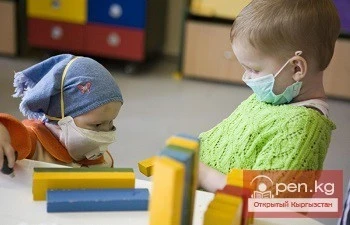
The first children's hospice in Kyrgyzstan has opened in Bishkek.
The first children's hospice in Kyrgyzstan was opened in Bishkek on October 6. The medical...
In the Talas Region, there is an increase in the number of people undergoing testing for HIV infection and viral hepatitis.
In the Talas region, the number of HIV and hepatitis tests is increasing. Gulmira Alisherova, the...
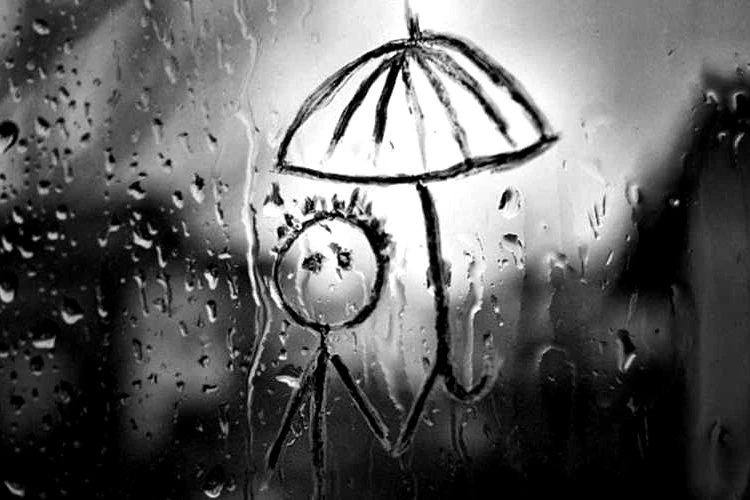
The Mental Health of Europeans Affects the Economy
Depression and anxiety are the most common disorders in OECD and EU countries. They have a...

Where, how, and what kind of assistance can victims of domestic violence receive in Kyrgyzstan?
Every year, hundreds of cases of domestic violence occur in Kyrgyzstan. Headlines like...
New Equipment Installed in the Cardiology Department of Naryn Regional Hospital
In the Naryn Regional Combined Hospital, new equipment has been installed in the cardiology...
In Kyrgyzstan, over 812,000 people receive pensions
As of October, 812,608 people are registered in Kyrgyzstan who receive pensions. This number...
Experts propose to implement retrofit technologies in the agricultural sector of Kyrgyzstan
- The implementation of retrofit technologies in the agricultural sector has become a relevant...
In the city of Manas, more than thirty protocols were drawn up against parents during a nighttime raid.
In Manas, as part of the operation "Teen-Night," law enforcement officers drew up 32...
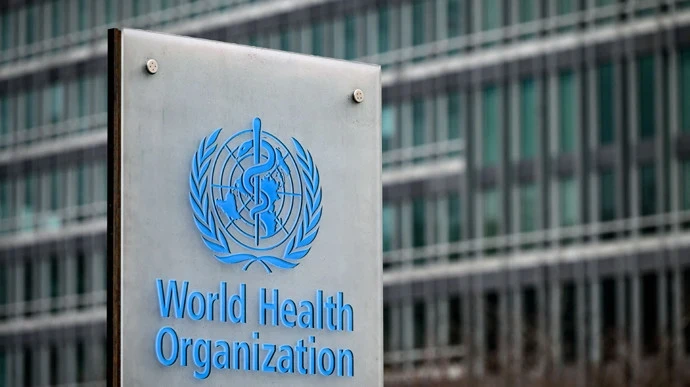
Every year, 11 million people die from neurological disorders, - WHO
The WHO report on the state of neurological care worldwide states that over 3 billion people,...
Kyrgyzstanis who have officially worked in certain countries can receive pensions from those countries
Citizens of Kyrgyzstan who have worked in a number of foreign countries have the opportunity to...

In Kyrgyzstan, nearly 5,000 children found themselves in difficult conditions over 9 months
During the first nine months of this year, 4,843 minors were identified in Kyrgyzstan as being in...
The Cabinet approved the standard provision on psychological, medical, and pedagogical consultation
The Cabinet of Ministers has adopted a new regulation on psychological, medical, and pedagogical...
In the village of Kara-Bulak in the Kemin district, the construction of a kindergarten is planned for 109.8 million soms.
In the Kemin district of the Chui region, in the village of Kara-Bulak, a new kindergarten is...

In Bishkek, six teenagers were injured in a nighttime car accident
At night on Osmonkula Street in Bishkek, a car accident occurred, resulting in injuries to six...
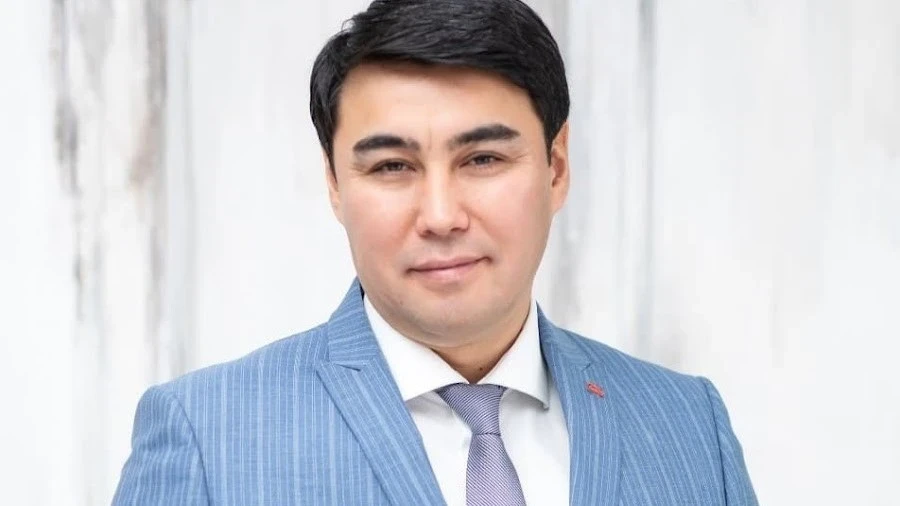
Imamidin Tashov has ended his hunger strike in the pre-trial detention center
“Part of his demands has been met by the administration of the pre-trial detention center No. 1”...
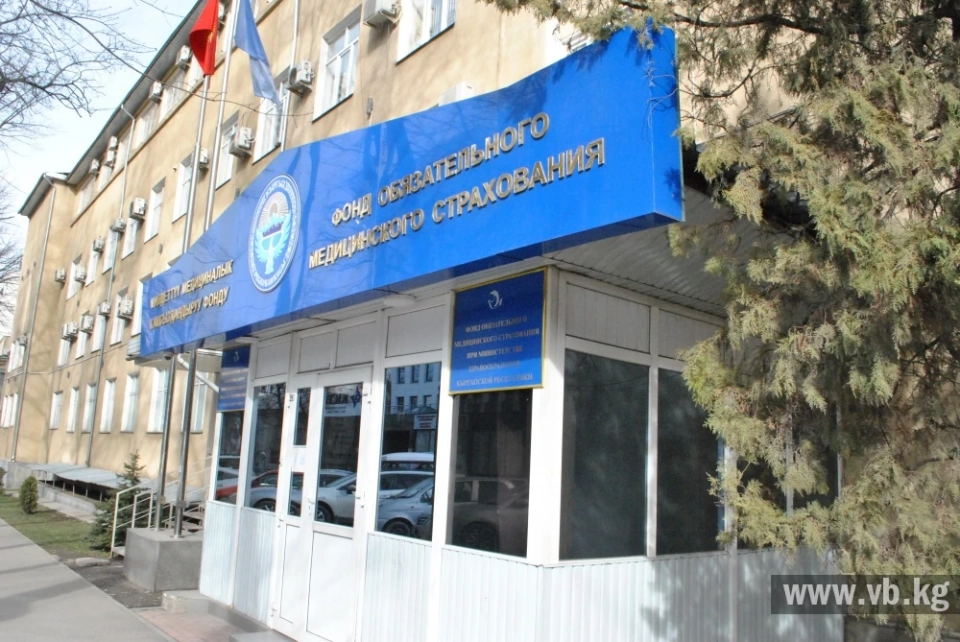
The FOMS Reminded About the Importance of Health Care in the Autumn-Winter Period
In connection with the increase in cases of colds and viral diseases during the autumn-winter...
"More than 87% of the population of Kyrgyzstan speaks Russian fluently, - Minister of Education"
During the opening of the Forum of School Directors of Kyrgyzstan, the Minister of Education,...

All Conditions Created for Migrants at the KR Embassy in Russia
As of today, according to expert data, up to 800,000 Kyrgyz citizens are in labor migration About...
The Minister of Health Familiarized Himself with the Work of the Resortology Institute
On October 25, Minister of Health Erkin Checheybaev held a working meeting at the Kyrgyz Scientific...
How Should the Cardiological Care System Be Structured? A Commentary by Professor Talantbek Batyraliev
Professor Talantbek Batyraliev, Doctor of Medical Sciences and a full member of the American...
Driver carrying a child in his arms detained in Bishkek
An incident occurred in the capital involving a driver who violated safety rules while transporting...

Expanded list of NGOs required to submit consolidated data to the Tax Service
The State Tax Service has updated the list of non-profit organizations that are now required to...
Vaccination Against Influenza is Taking Place in Bishkek
Vaccination against influenza has begun in Bishkek, and priority is given to people from at-risk...
Media: Without a $1 Trillion Payout, Elon Musk May Leave Tesla
According to information provided by CNBC News, Elon Musk, the CEO of Tesla, may consider leaving...
Nearly 6,000 appeals from citizens have been received by the Social Fund. What are they complaining about?
From January to September 2025, the Social Fund of Kyrgyzstan registered 5,922 appeals from...
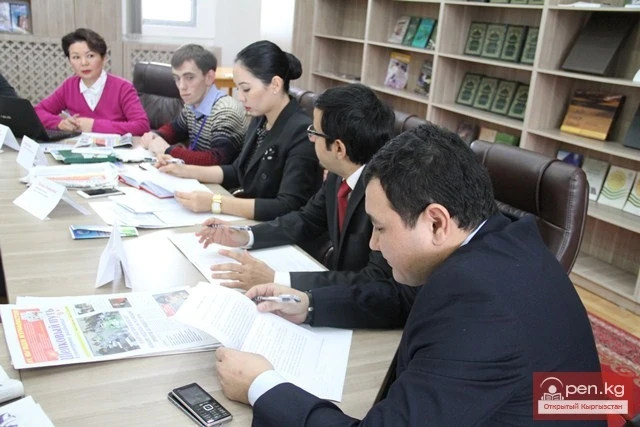
In the capital of Kyrgyzstan, a round table discussion titled "Orphanage Graduate, Status - Nobody" took place.
Problems of Orphanage Graduates Discussed Again in Kyrgyzstan A round table titled "Graduate...
Kyrgyzstanis Consume Too Much Salt. Doctor Warns of Risks
According to the statement by Myskal Duyshenalieva, head of the hypertension department at the...

The Ministry of Labor helped nearly 2,500 children overcome difficult life situations
In the first nine months of 2025, 4,843 children were identified in difficult conditions in...
In a terrible car accident, two minors died. A schoolboy was behind the wheel.
The tragedy unfolded early in the morning on October 28, 2025, when 17-year-old S. B., driving a...

In Uzbekistan, criminal records for minors who have served their sentences will be expunged.
// AKIpress In Uzbekistan, there are plans to abolish criminal records for minors who have already...
In the Jeti-Oguz District, the 100th anniversary of the social service was celebrated
In the Jeti-Oguz district, a celebration was held for the 100th anniversary of the establishment of...
"444 Children Affected by Various Forms of Violence in Kyrgyzstan Over Nine Months"
The Ministry of Labor, Social Welfare and Migration of the Kyrgyz Republic reports on the ongoing...
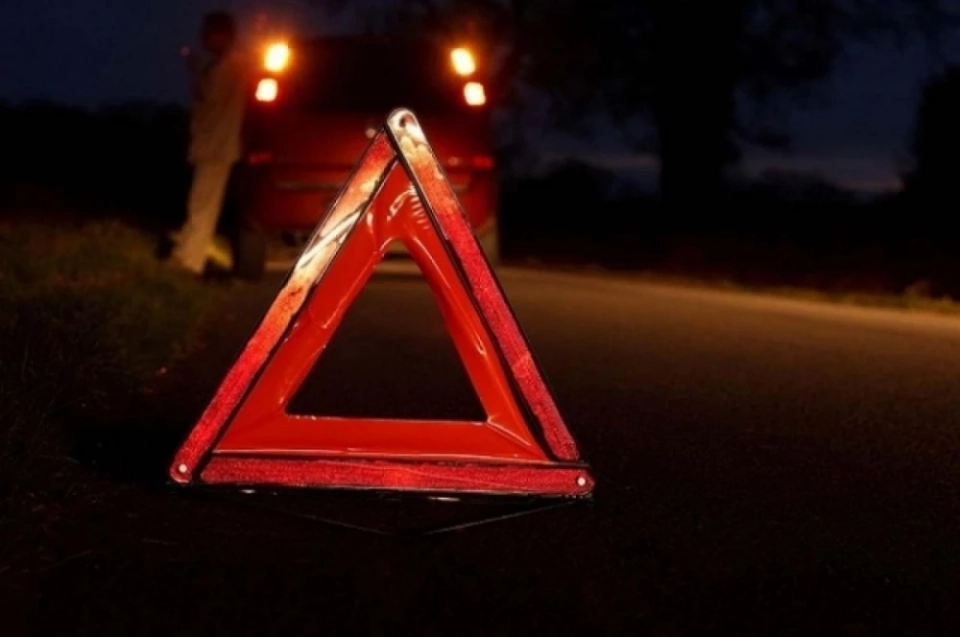
In Bishkek, six teenagers were injured in a night accident
The incident occurred when the driver of a Hyundai Sonata, whose identity is currently unknown,...
The kindergarten in Ak-Suu provided its students with vegetables from its own plot for a whole year.
Employees of the kindergarten named after Ö.Ishenbekov in the village of Ak-Suu, located in the...
In Kyrgyzstan, terminal patients are once again left alone with unbearable pain
The shortage of the important medication tramadol, necessary for the treatment of chronic pain, has...
More than 11,800 entrepreneurs in the Kyrgyz Republic received interest-free loans
As part of the initiative "Emergency Support for Micro, Small, and Medium Enterprises,"...
The Prosecutor's Office of the October District of Bishkek canceled more than 1,500 refusals to initiate criminal cases in 9 months
In the first nine months of 2025, the Internal Affairs Department of the Oktyabrsky District...